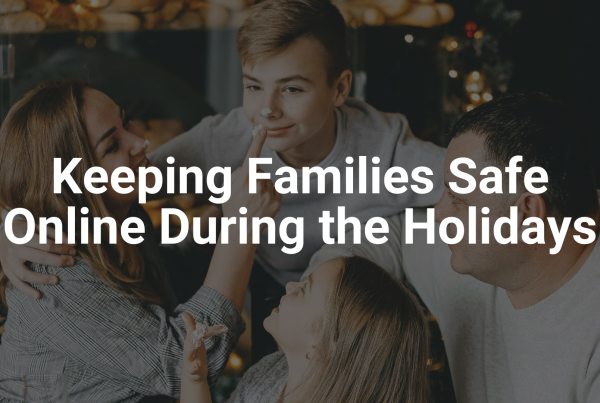Many of us have used online classified sites to buy and sell items that we want. Maybe a car, a child’s toy, or some gym equipment. Websites like Craigslist and others are great resources for the selling and buying of these items. Would it shock you to know that these sites can also host a horde of child trafficking ads
ABC News went as far to call these types of websites “virtual red-light district[s].” Two examples include Craigslist and Backpage.
Classified Advertisement Websites and Child Sex Trafficking
For example, Craigslist first came under fire in 2010 following an open letter to the founder of the website, Craig Newmark. The letters described the experiences of two girls forced into sex trafficking; both of their pimps required them to answer ads for sex on Craigslist. What’s worse is that no one from Craigslist responded to this letter.
CNN explained that law enforcement officials and anti-trafficking organizations urged Craigslist to rein in sex-related ads. While the website made feeble efforts to screen for child sex-related ads and cooperate with law enforcement investigations, Craig Newmark and Craigslist CEO Jim Buckmaster mostly ignored these pleas. Ultimately, nothing changed.
More recently, Backpage, another classified advertisement website, received insurmountable backlash following their connection to sex-related ads on their website. The Washington Post reported that Backpage provided free pages for people to post sex-related ads. Not to mention, they shared that Backpage executives repeatedly and irreverently denied the assertions that the site facilitated prostitution and child sex trafficking. These assertions came from members of Congress, state attorneys general, law enforcement, and even victims. Backpage rebutted these arguments by stating they removed clearly illegal ads and turned violators over to the police.
However, the Permanent Subcommittee on Investigations proved this assertion false when they released a report detailing Backpage’s involvement with online sex trafficking. This report revealed that they did not properly screen adult advertisements even though they claimed to maintain “an industry-leading effort to protect against criminal abuse.”
Instead, Backpage filtered ads with keywords to indicate sex trafficking—including child sex trafficking—yet still published the ad once after deleting the incriminating word. As time went on, they rejected ads if they suggested sex trafficking, but they sent users error messages that identified the problematic words. By identifying the problematic words, they enabled the user to post the original content with a different title.
As a result, the Senate subcommittee questioned Backpage’s CEO, owners, general counsel, and COO, but they invoked the Fifth Amendment and didn’t cooperate. Not to mention, the day before the hearing, Backpage shut down the adult service ads after unyielding pressure. Therefore, the executives ultimately got to leave the hearing and return to their lives.
What can be done?
That said, while the adult services section of Backpage is shut down, the ads show up elsewhere on the site. This can also be said for Craigslist.
This problem is massive, hard to fix, and without a simple solution. Every time an exploiter figures out a way to use a system to promote their sick agenda, those of us fighting on the side of justice must figure out how to combat it. For that reason, combating child pornography is extremely reactive, not proactive.
How you can help
If you see an ad you feel promotes the trafficking of children, report it to us. Let us help uncover those who exploit children so we can hand them over to the proper law enforcement agencies.
Those who would exploit children are sick, perverted, and growing in numbers. For that reason alone, we must work together in the fight to end child pornography.
Stay alert. Stay vigilant. Fight those who would exploit our children and profit from it.
Join us:
Image: pxhere





